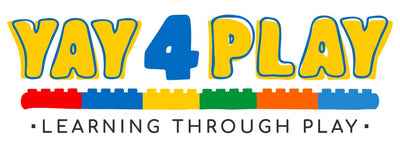Children need to engage their auditory and their visual-spatial working memory to access & reiterate information, even as new information comes in.
Children with weak memory skills will find it difficult to grasp and hold on to incoming information, and so when they have to perform a task, they do not have the necessary details with which to work.
This is why children particularly experience difficulties with word problems in Math – they have to listen for the words which offer the clue to which operation to use, and they also have to remember the numbers that need to be used in solving the problem. In order to do an activity, children have to rely on incoming information & stored information and when their working memory is weak, this is a very difficult task, especially if they have to follow complicated directions.
They will find it hard to keep in mind what comes next while they are doing what comes now. Good working memory skills will enable the child to remember what they need to be paying attention to when trying to solve a problem; it helps them to stay on task.
Children need good auditory working memory so that they can hold on to the sounds letters make in order to sound out new words.
Their visual working memory allows them to remember what the words look like so that they can recognize them in the sentence. This allows for more fluent reading as now they do not have to sound out every single word.
The ability to recognize & reproduce patterns helps to solve many Math problems. If children can see patterns in numbers and store this information, it can lead to the ability to remember mathematical formulas. The child with a good working memory can remember, sequence & visualize – necessary skills for learning.
